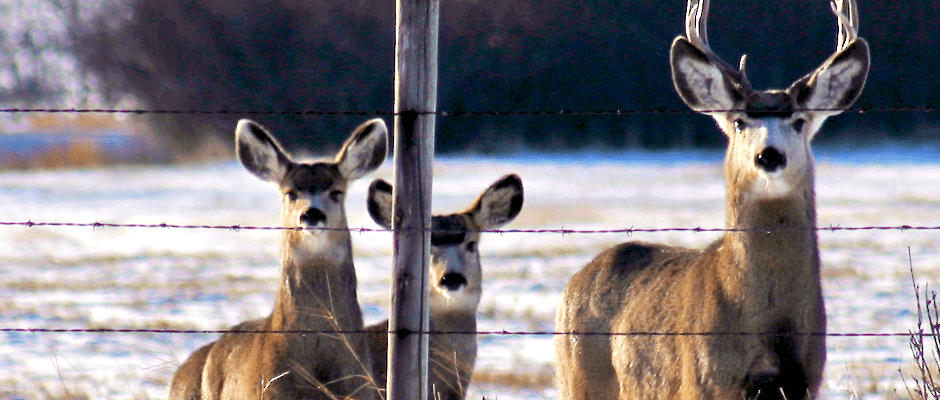- News
-
-
-
-
-
Latest News Articles
- 2024 TWS Elections: Southwest Representative April 25, 2024
- Can these butterflies fill the gap left by their extinct relative? April 25, 2024
- Q&A: TEK and the wildlife profession April 24, 2024
-
-
-
- Wildlife Professional Resources
-
- Our Network
-
- PUBLICATIONS
-
-
Recent Posts
-
 The Wildlife Professional November/December Issue
November 1, 2023
The Wildlife Professional November/December Issue
November 1, 2023
-
-
-
-
-
-
- Wildlife Events
-
-
-
Upcoming Webinars
- No Events
-
-
-
- Who We Are
-
Tag: range expansion

August 29, 2016
Climate change, not land use, is driving deer north
The northward spread of white-tailed deer (Odocoileus virginianus) may be unstoppable, according to new research. Deer have been creeping north for decades, invading Canada’s boreal forests and creating problems for...

